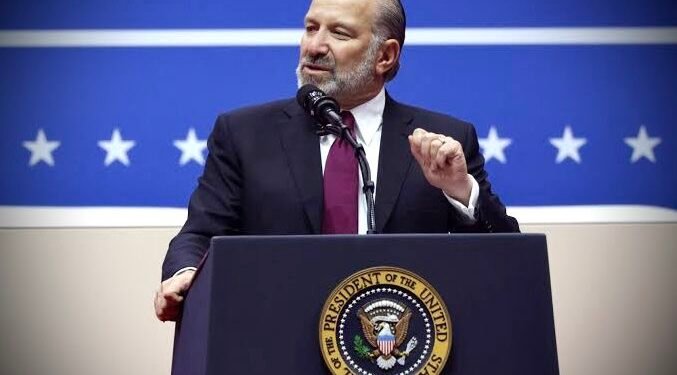WASHINGTON, D.C. — The US reaffirmed on Sunday that the August 1 deadline for putting new reciprocal tariffs in place will go forward as scheduled, with no more delays. Howard Lutnick, the Secretary of Commerce, said on Fox News Sunday that there will be “no extensions, no more grace periods.” The tariffs will be in place on August 1. They will happen. Customs will start taking the money, and then we’ll be on our way.
Lutnick said that the European Union needs to make its markets more open to US goods if it wants to get President Trump to change his mind about the proposed 30% tariff rate. He stated, “The question is whether they offer President Trump a good enough deal that it’s worth it for him to drop the 30 percent tariffs.” He also said that Trump is still the one who makes the final choice.
European Commission President Ursula von der Leyen is likely to meet with President Trump in person at the last minute to try to avoid the full tariff hike. Reports say that EU officials are working on a proposal that would set a 15% baseline tariff on important items and make it easier for the US to access digital services and agriculture.
Trade talks got more serious over the weekend as US Trade Representative Jamieson Greer and Commerce Secretary Lutnick went to Scotland to meet with EU Trade Commissioner Maros Sefcovic behind closed doors. Both sides said the meetings were “constructive,” even though they didn’t come to an agreement.
Britain, Vietnam, Indonesia, the Philippines, and Japan have all made bilateral trade deals with the United States so far. This means they will not have to deal with the August 1 tariff wave. These agreements have been praised by US authorities as instances of “fast, fair, and reciprocal” trade since they open up markets.
India, on the other hand, is still talking to Washington even if the pressure is growing. India has not yet reached an agreement with the US, even though it just signed a big trade deal with the UK. Sources close to the talks say that there are still problems with digital taxes, pharmaceutical exports, and access to agriculture. Officials on both sides think that an agreement is unlikely to be reached in time, which raises the danger of big new tariffs on Indian exports.
President Trump’s intensified quest for what he calls “real trade fairness” has reached a new level with the August 1 deadline. If there aren’t any big surprises, most EU goods and certain important Indian exports will have to pay higher tariffs starting next week.
-WNN Desk





















